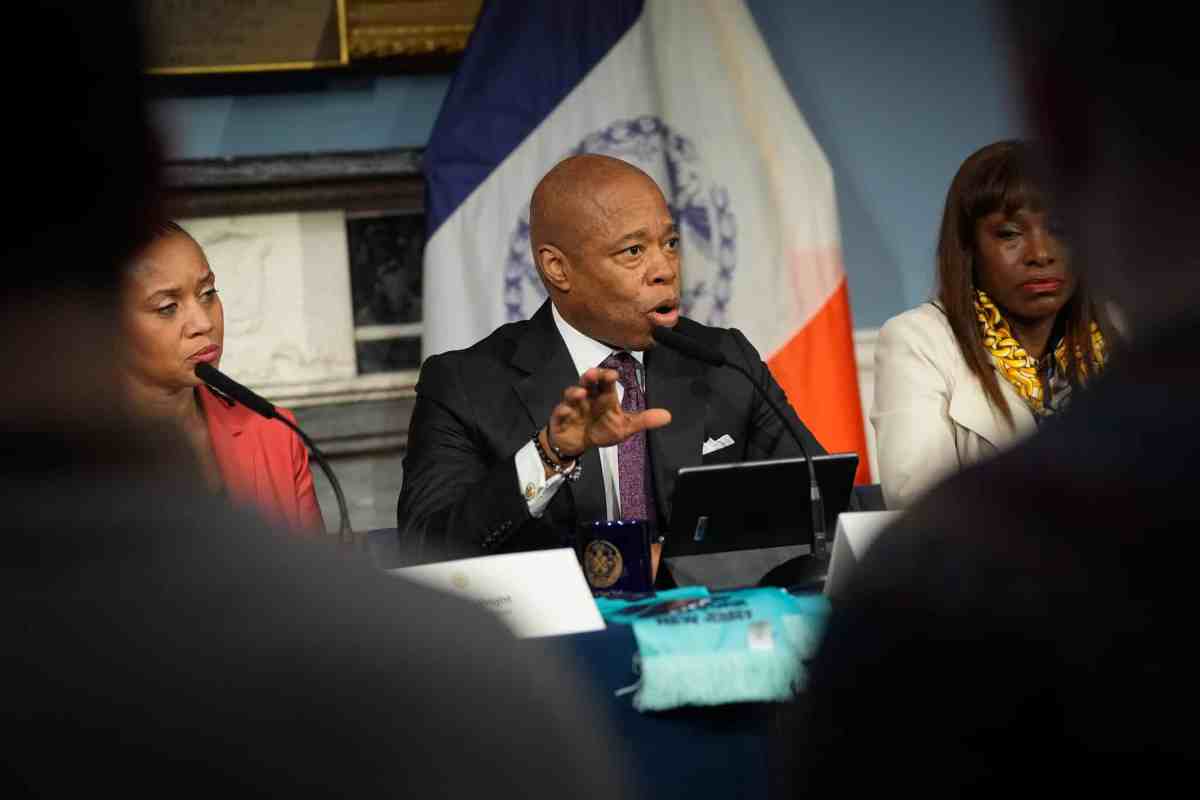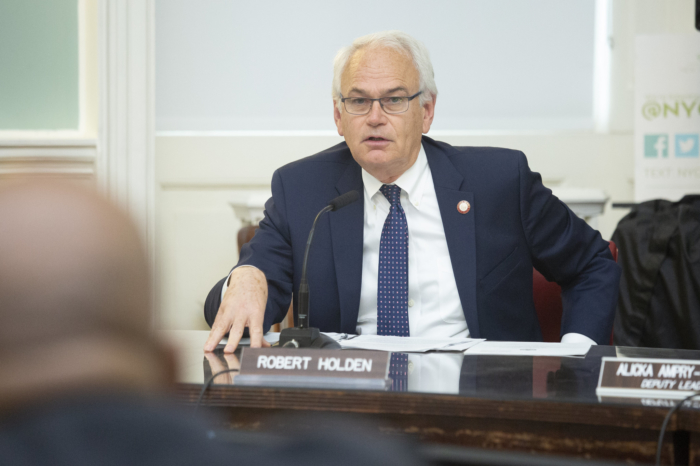By William Lewis
In the United States electoral system, most of the focus is on the November election, but the political party primary election in many cases is of equal importance.
In recent political history, 1961 in New York City stands out for the primary election in the Democratic Party that took place citywide for all political offices and party positions of district leaders and members of county committees.
The results of these primary elections led to the downfall of Tammany Hall and its leader, Carmine DeSapio. Tammany Hall had dominated the city Democratic Party for most of the previous hundred years. The 1961 primary elections broke Tammany Hall’s control of the Democratic Party.
In recent times, Ed Koch won the Democratic mayoral primary in 1977 and went on to defeat his Republican opponent in the November fall election. In 1982, Koch chose to run against Mario Cuomo for the Democratic nomination for the New York governorship. He lost the primary and would remain mayor for three four-year terms until he was defeated by David Dinkins in the Democratic mayoral primary in 1989.
Today, when we look at the political rise of Rudy Giuliani and Michael Bloomberg, they both were first elected as Republicans without going through a Republican primary election. Giuliani was first elected in 1993 and Bloomberg in 2001. If they had to face primaries, the results in the November election might have been different.
When we go back to 1989, Giuliani did run in a Republican primary against Ronald Lauder. Although he won the primary by a wide margin, he lost the fall general election to Dinkins. What happened was that Lauder, with his financial resources, ran TV commercials all summer long attacking Giuliani. These commercials had the effect of weakening Giuliani’s candidacy for the fall election.
Four years later, Giuliani did not have a Republican primary and was able to defeat Dinkins by a narrow margin. He would easily win re-election in 1997.
As we analyze this year’s mayoral race, the Republican and Democratic parties have several candidates for mayor who have indicated they would be willing to run in party primary elections. In the Democratic Party, primaries are a normal political process, but that is not the case in the Republican Party. Its chances of electing a mayor would be greater if the city Republican organization could agree on one candidate without a primary election.
If there were no Republican primary, the chosen candidate could campaign all summer for the fall election in November and not have to worry about a September primary. That would increase the Republican candidate’s chances of winning.
Right now, the frontrunner Republican candidate seems to be Joseph Lhota, who recently served as Metropolitan Transportation Authority chairman and is credited with doing an excellent job, especially during Hurricane Sandy. Lhota also served as deputy mayor to Giuliani and was considered a key adviser to him.
In addition to that, Lhota seems to be getting support from the Staten Island Republican Party, which is perceived as a strong Republican base in New York City, considering the number of elected Republican officials it has.
Certainly Lhota has the experience to be mayor, but it remains to be seen if he can raise the funds needed to run a credible race. If he does face a Republican primary, how will that affect his chances in the November general election against a Democrat?
Right now, the leading Democratic candidate for mayor is City Council Speaker Christine Quinn (D-Manhattan). She has name recognition and the ability to raise finances for a campaign.
It is going to be a long political year in New York City. It will be an unusual year from the standpoint that incumbency will no longer be a critical issue for challengers, since term limits will leave many open seats.































